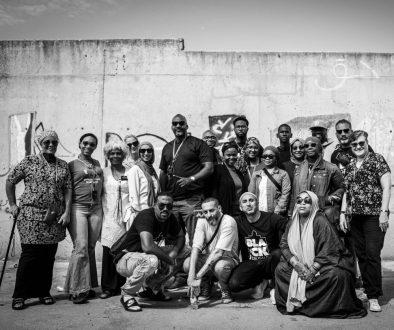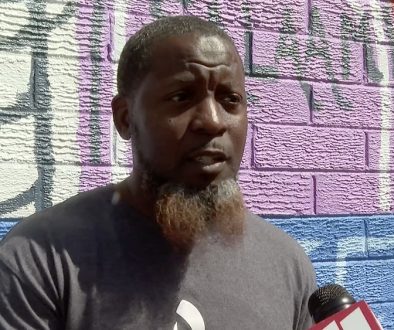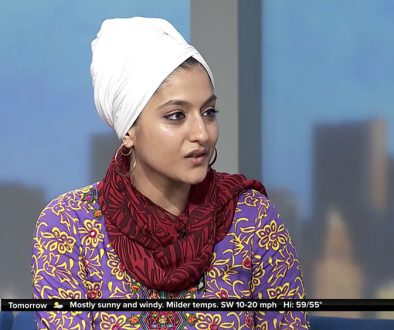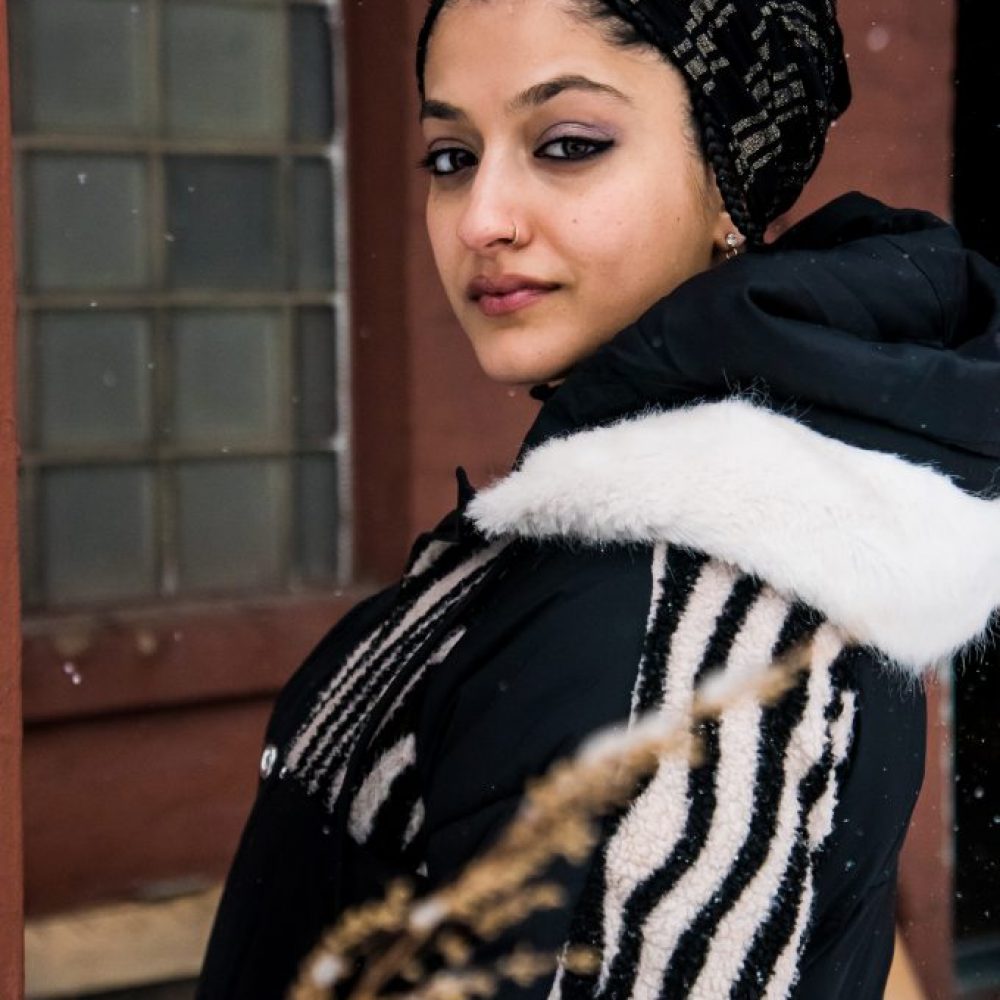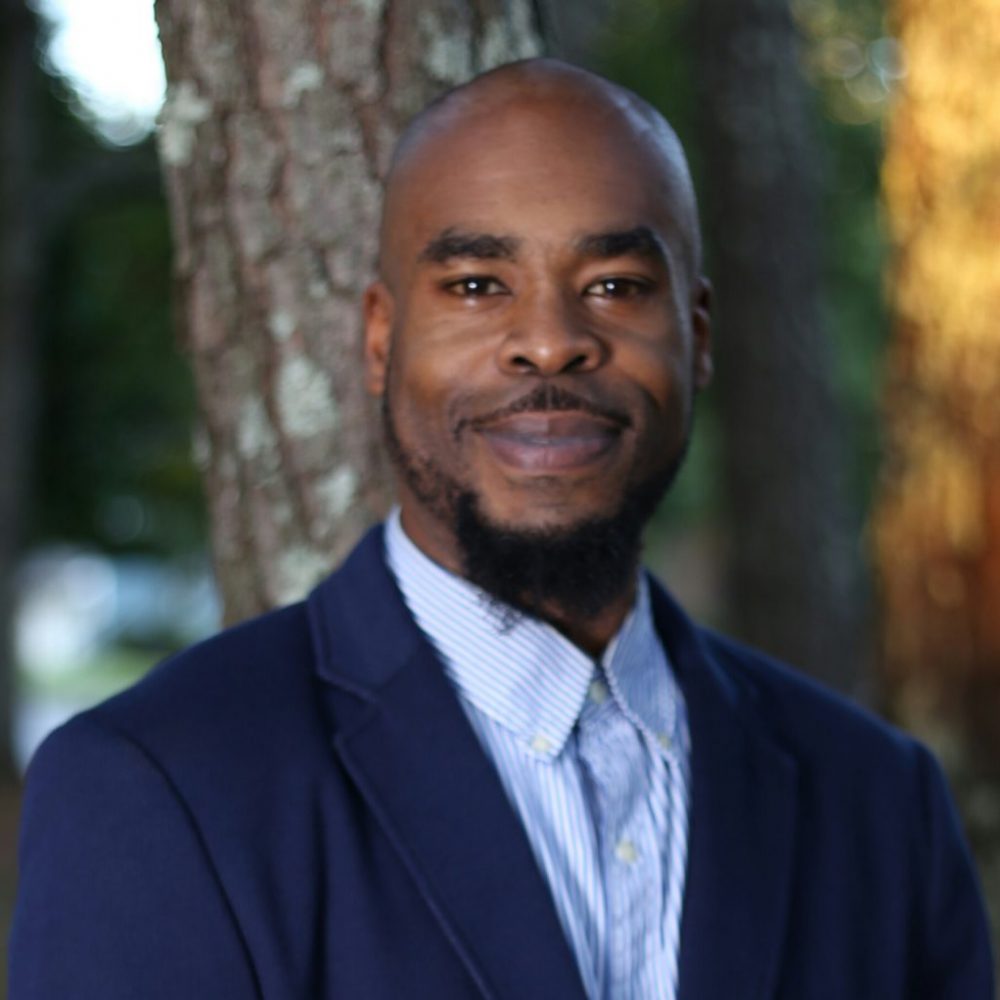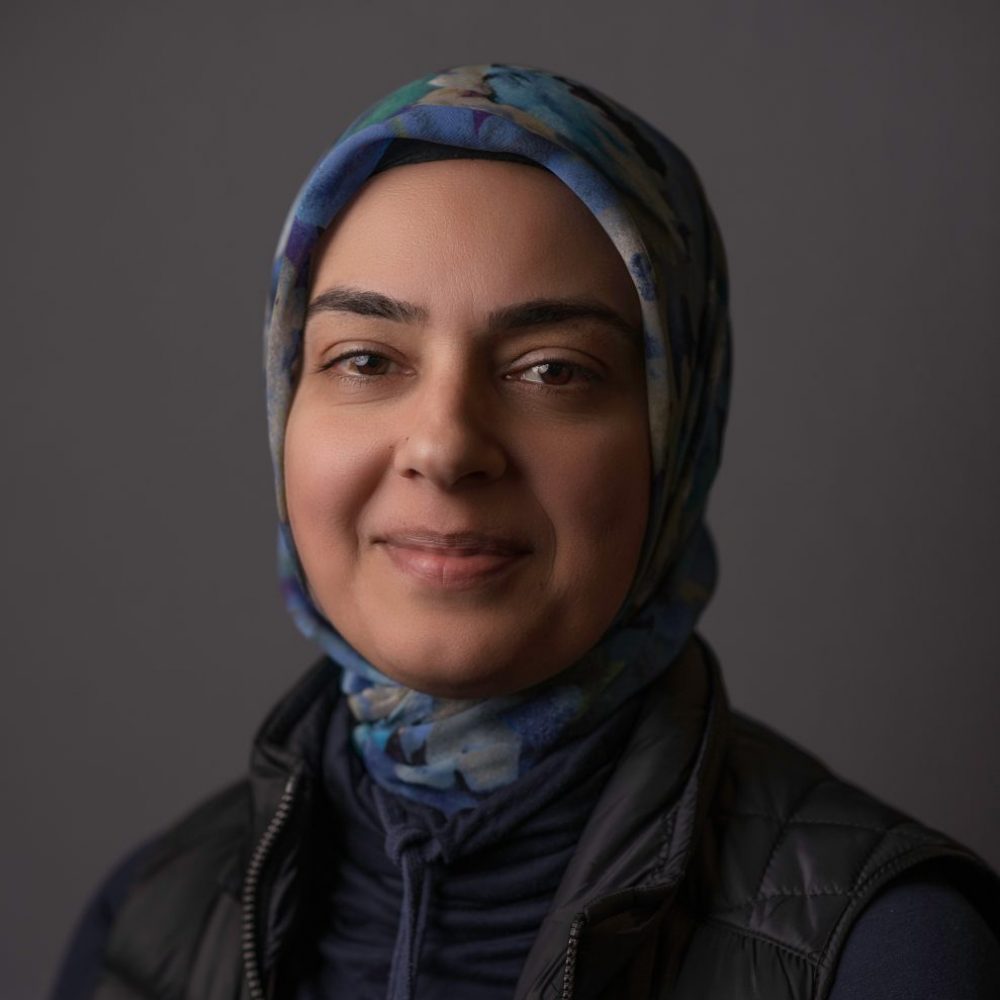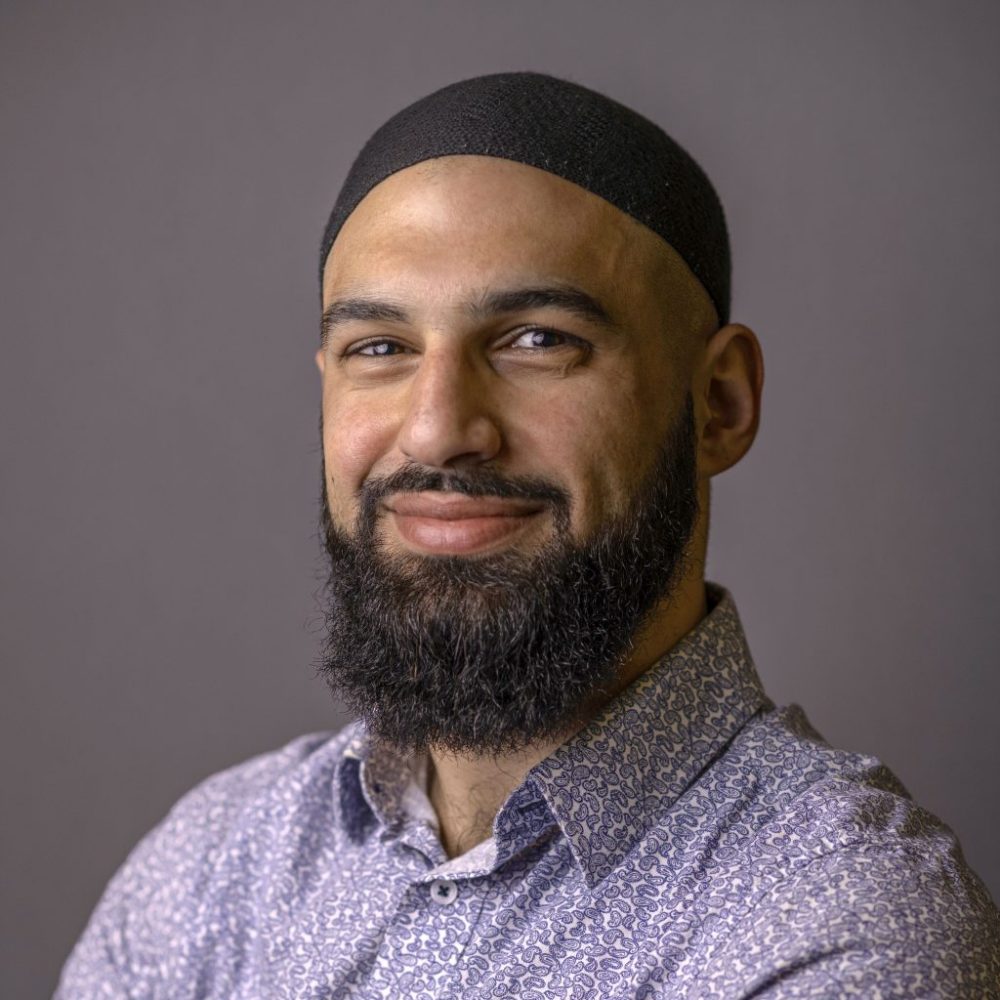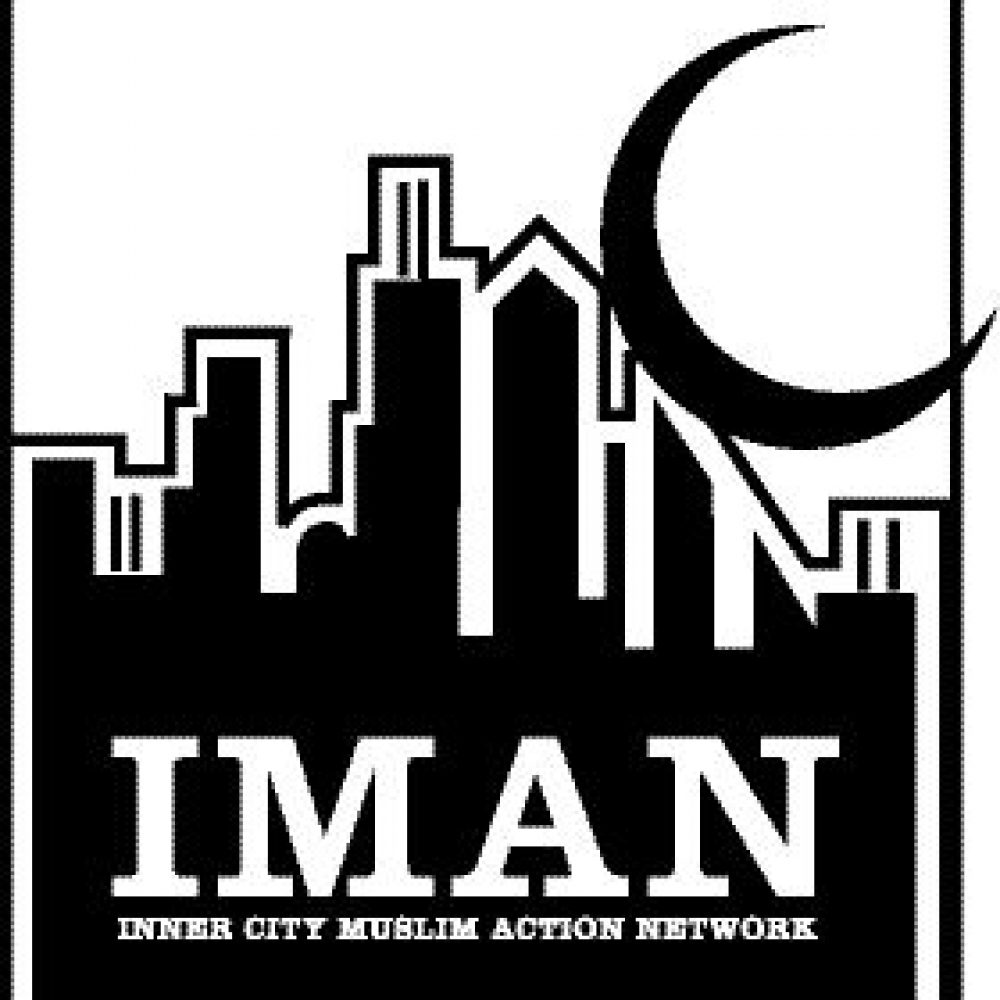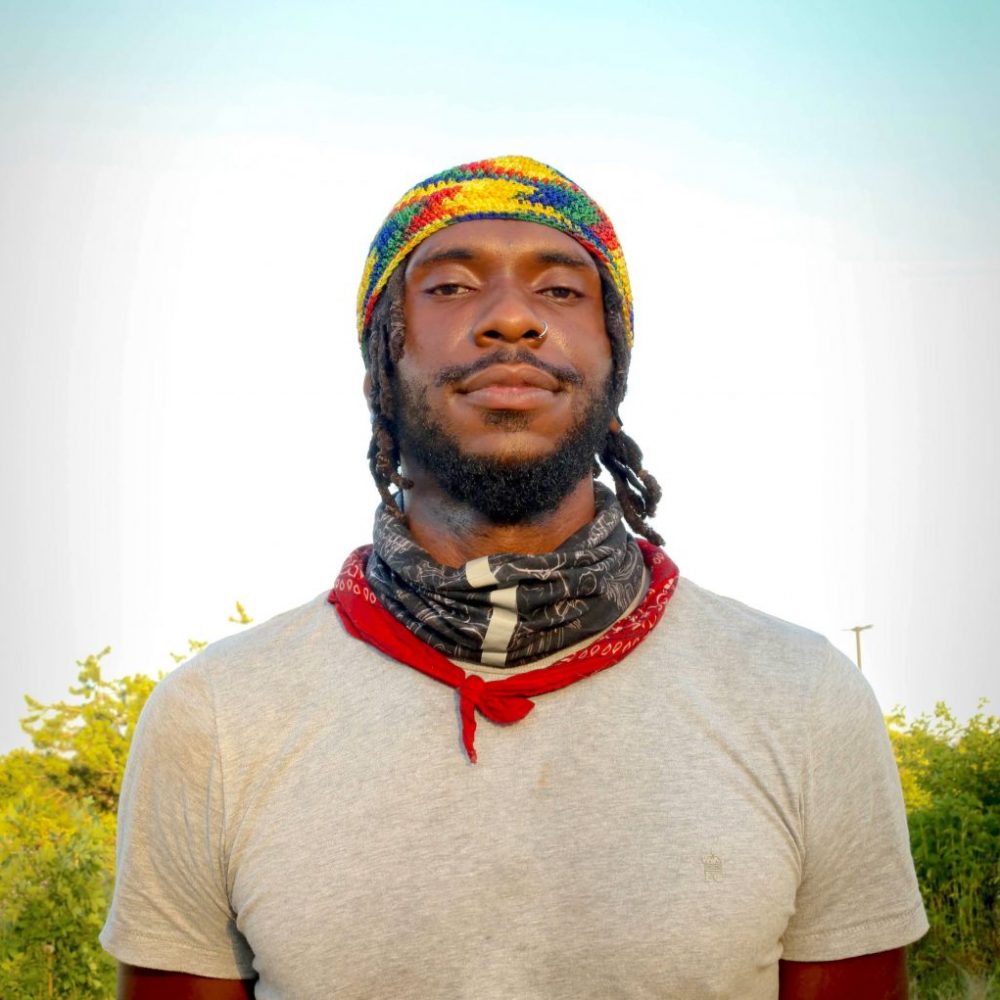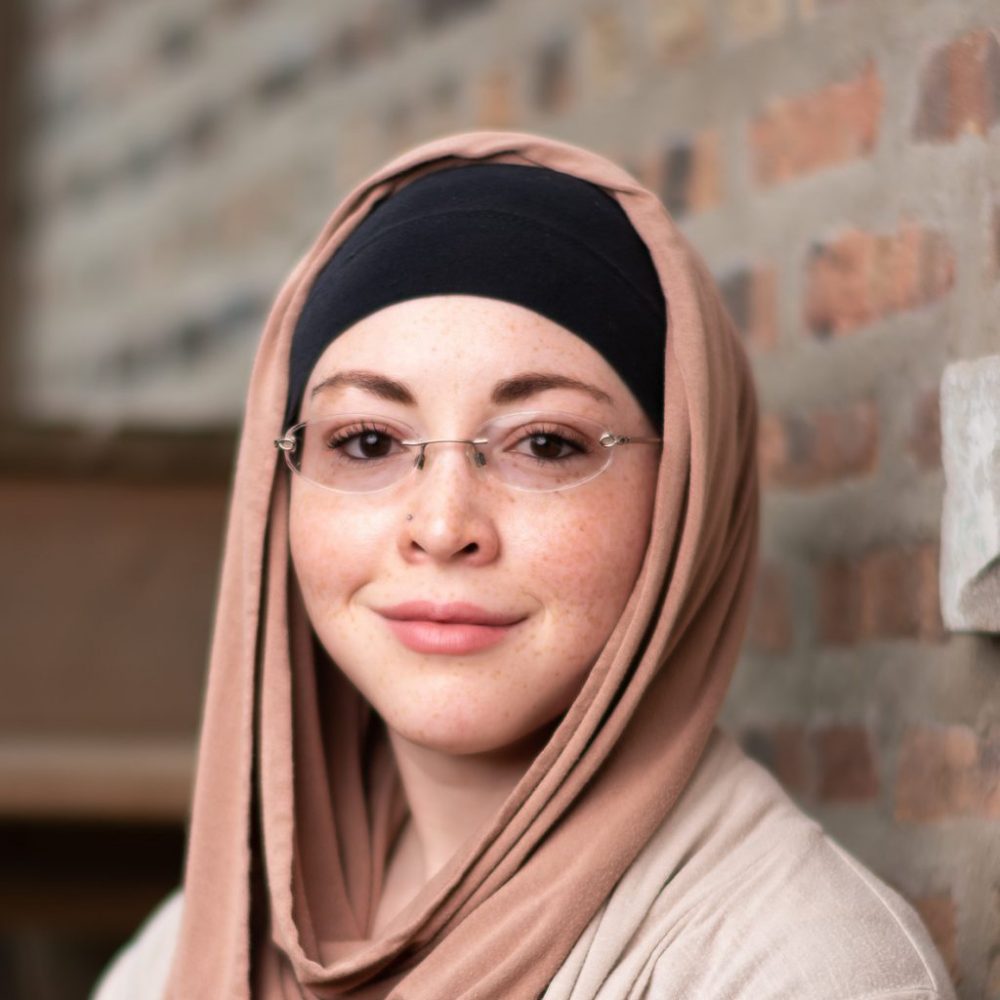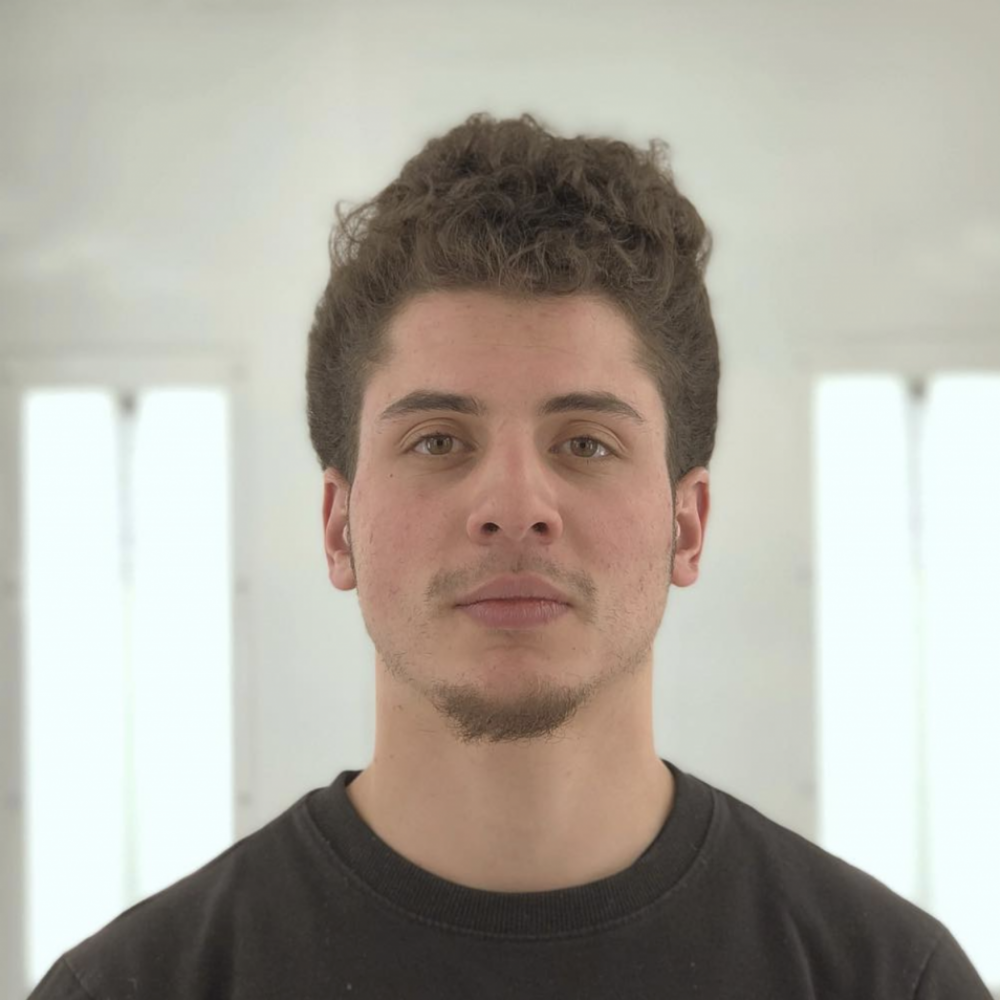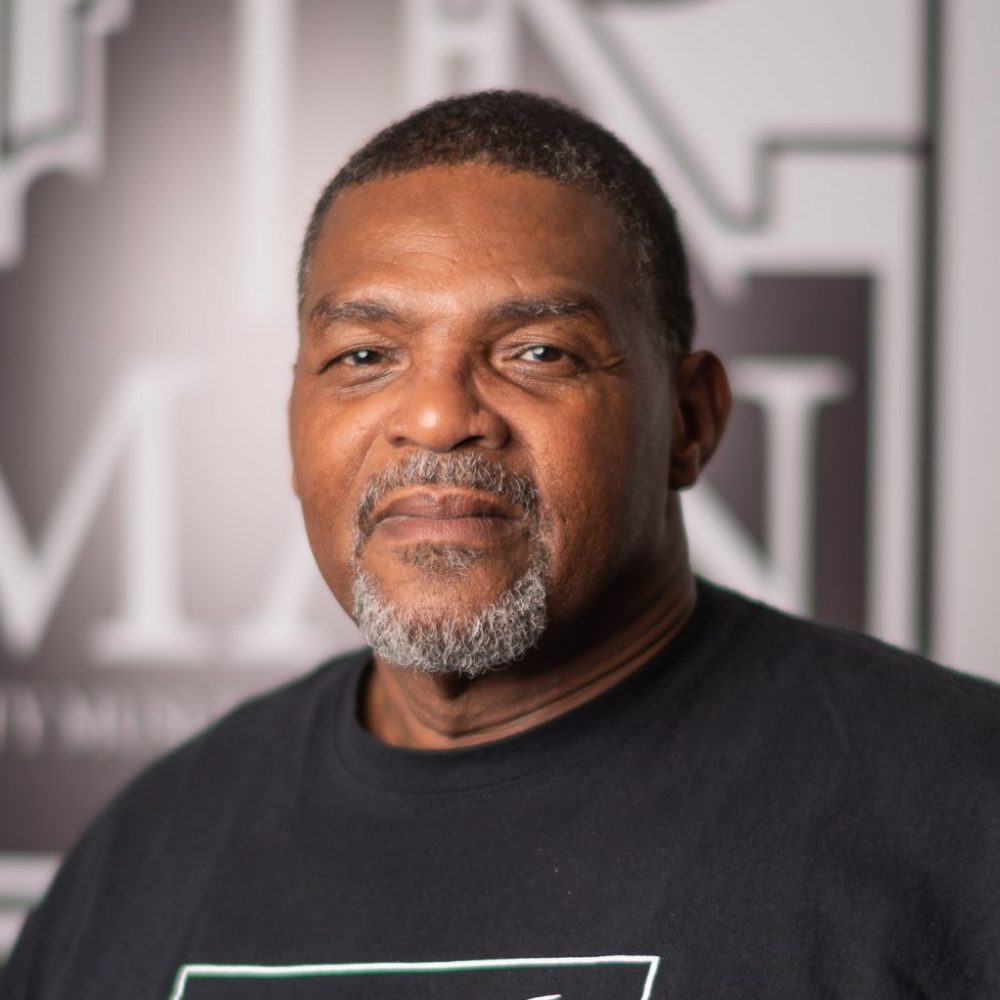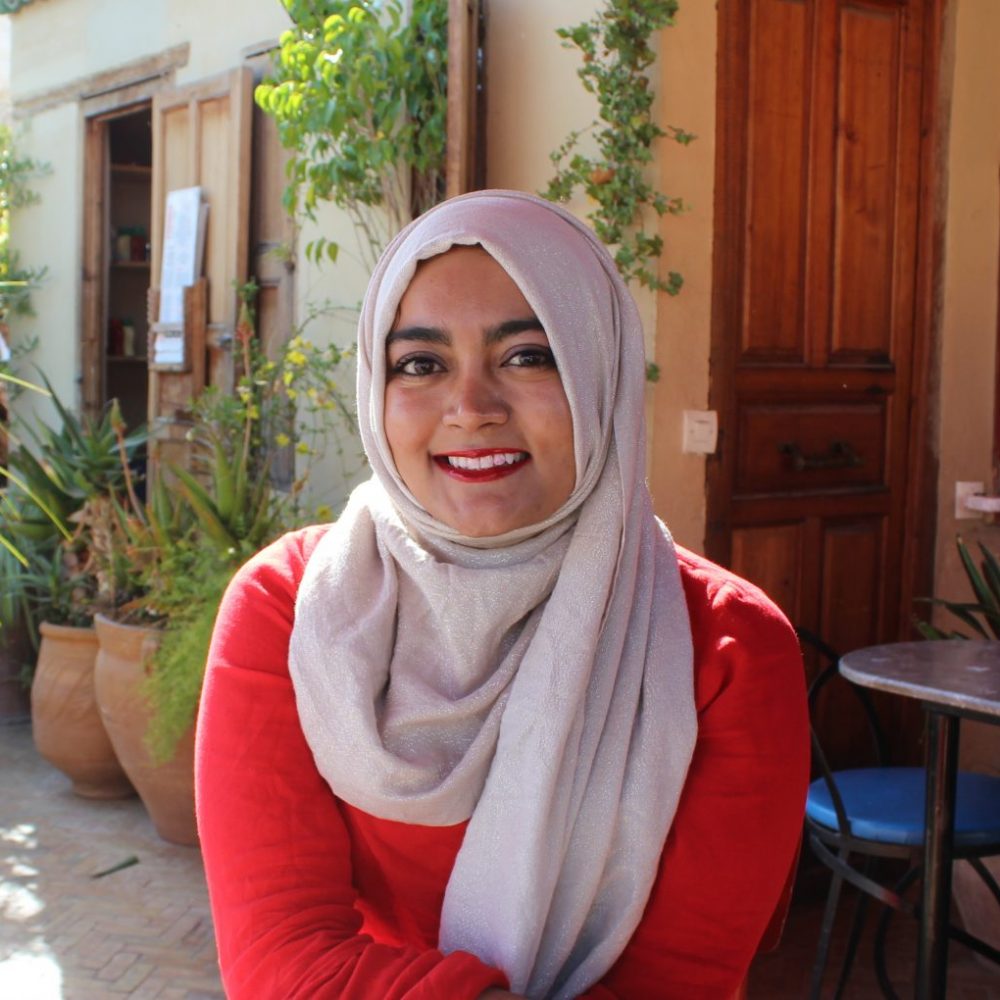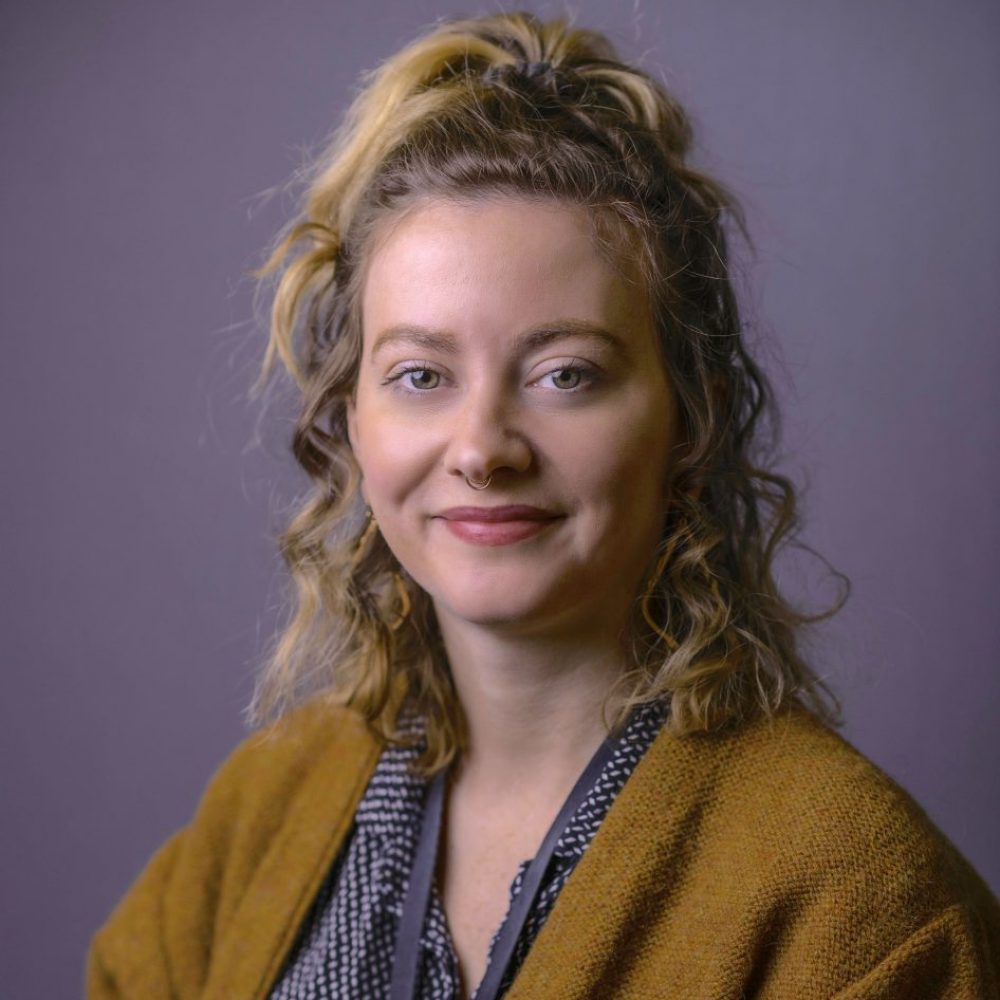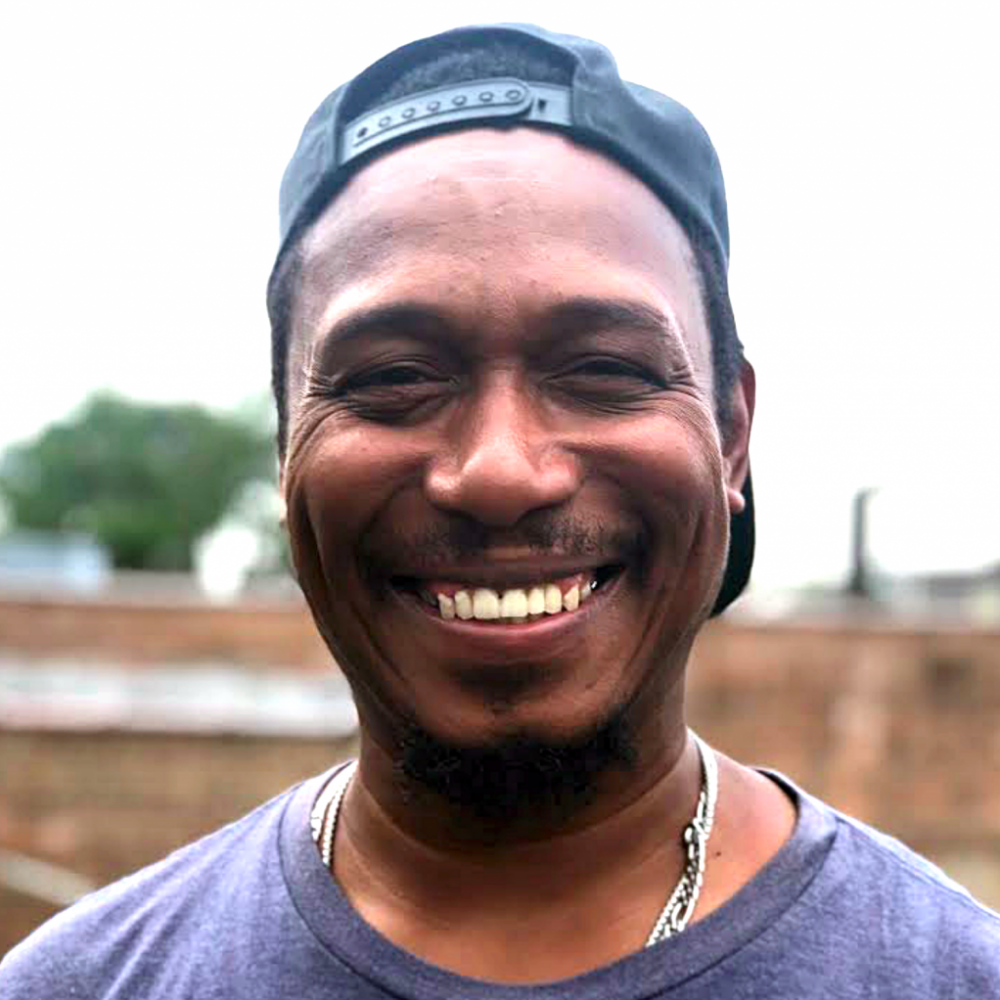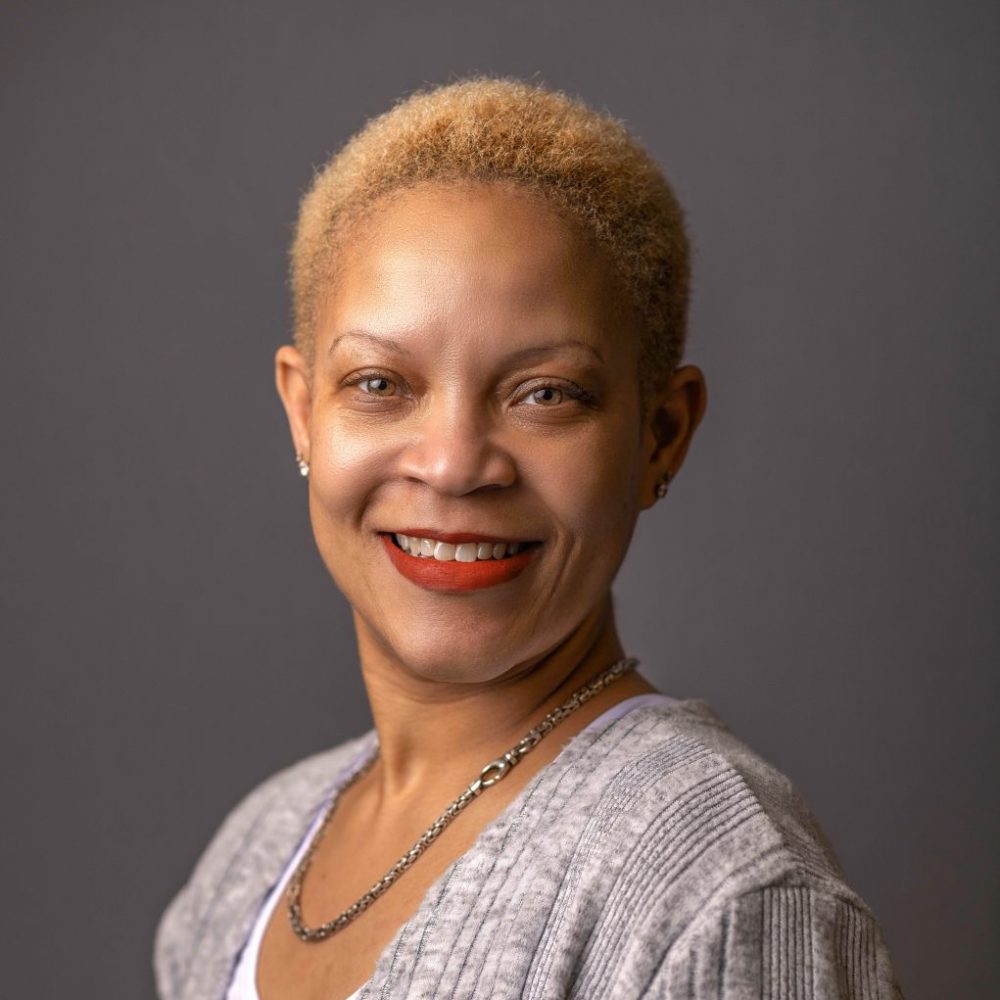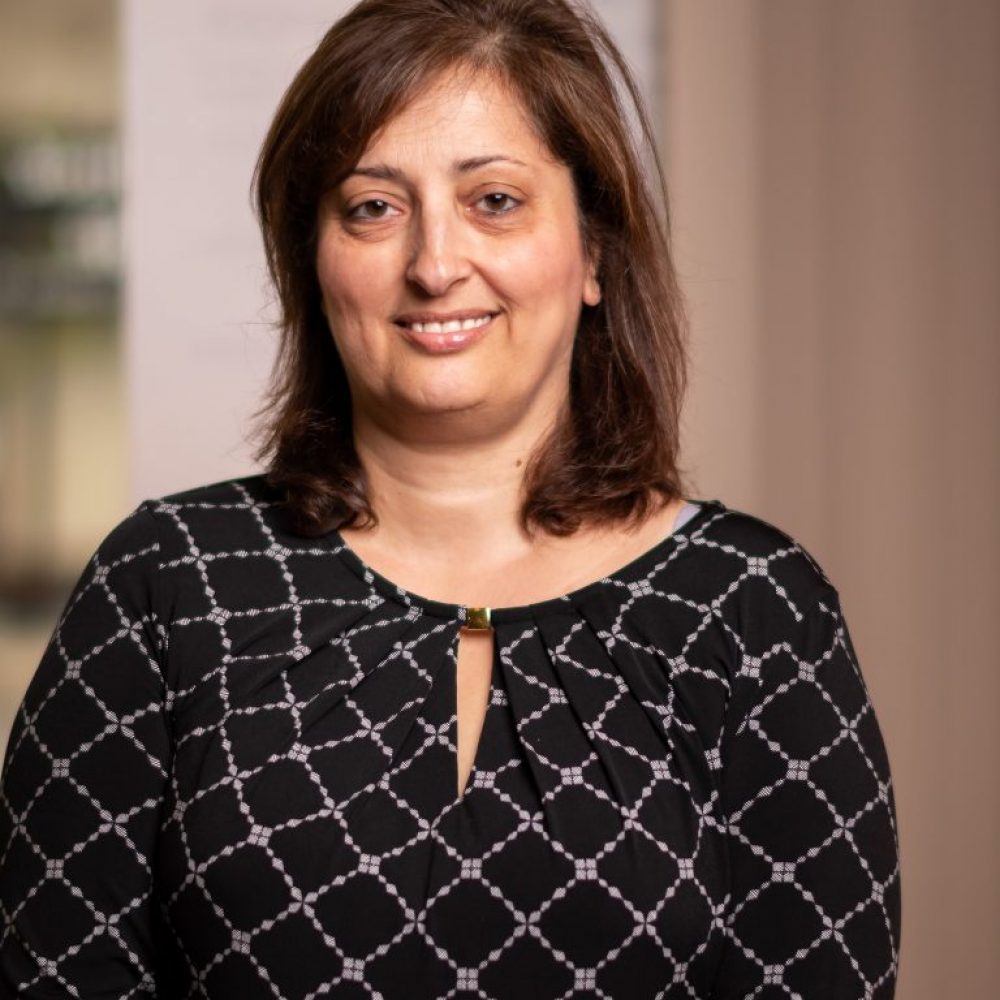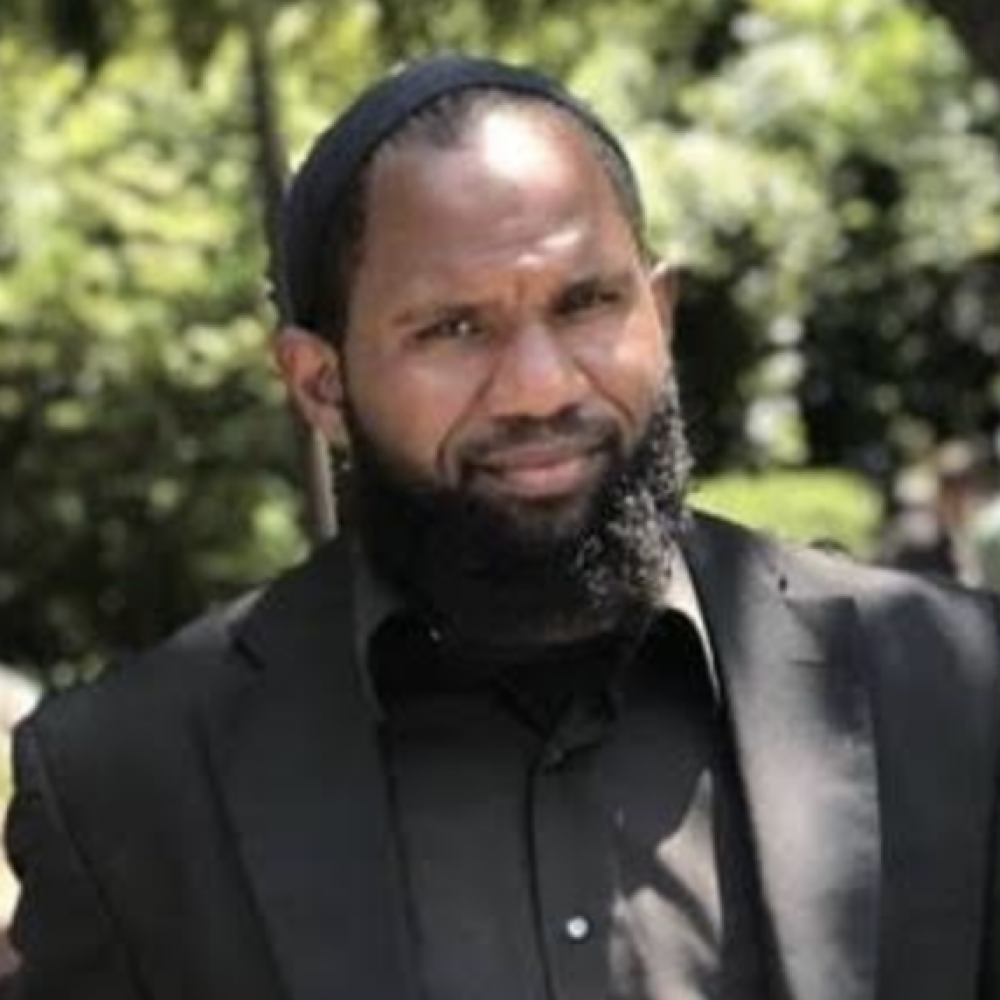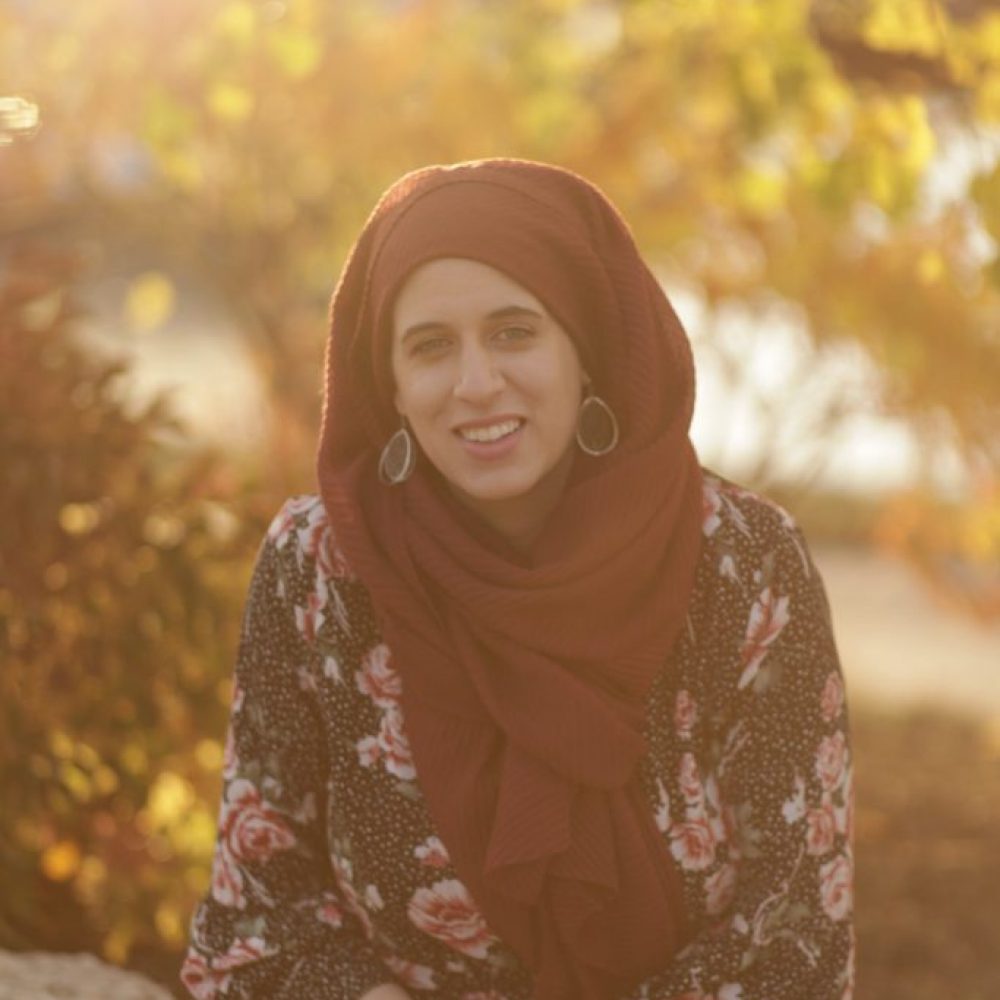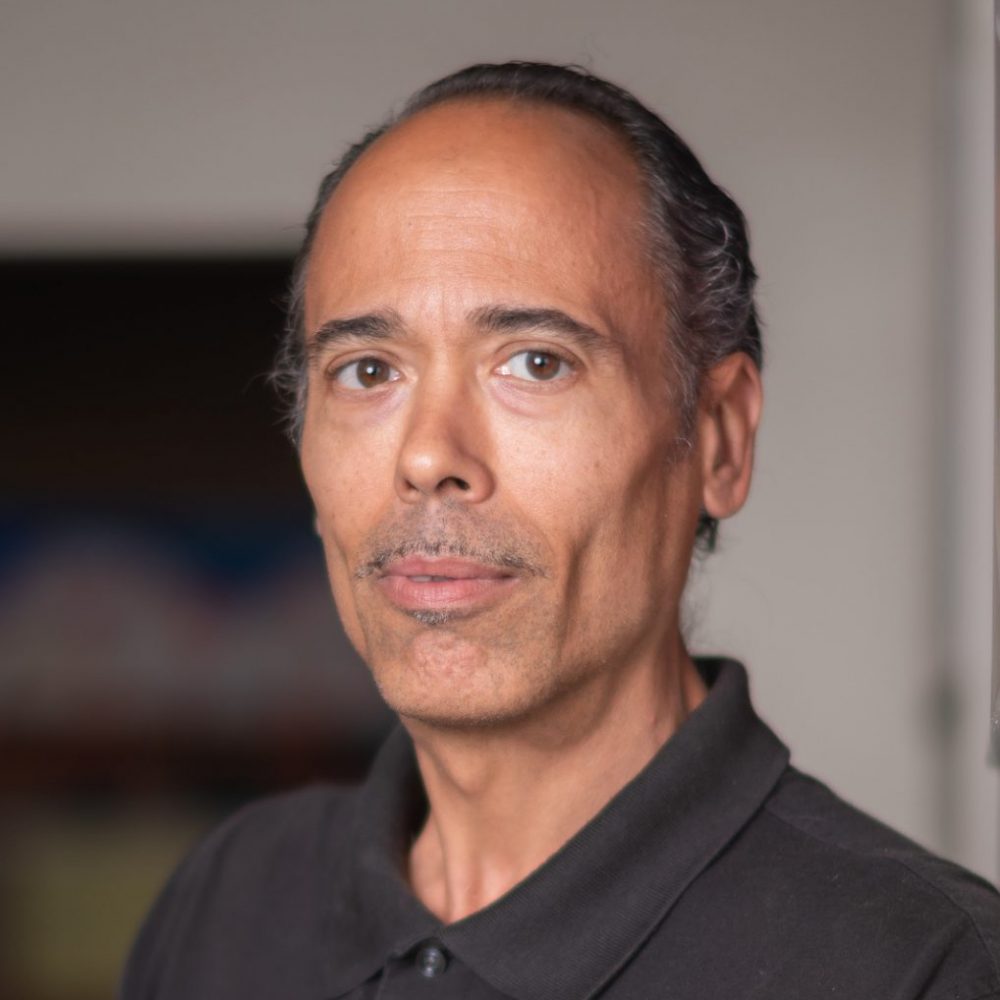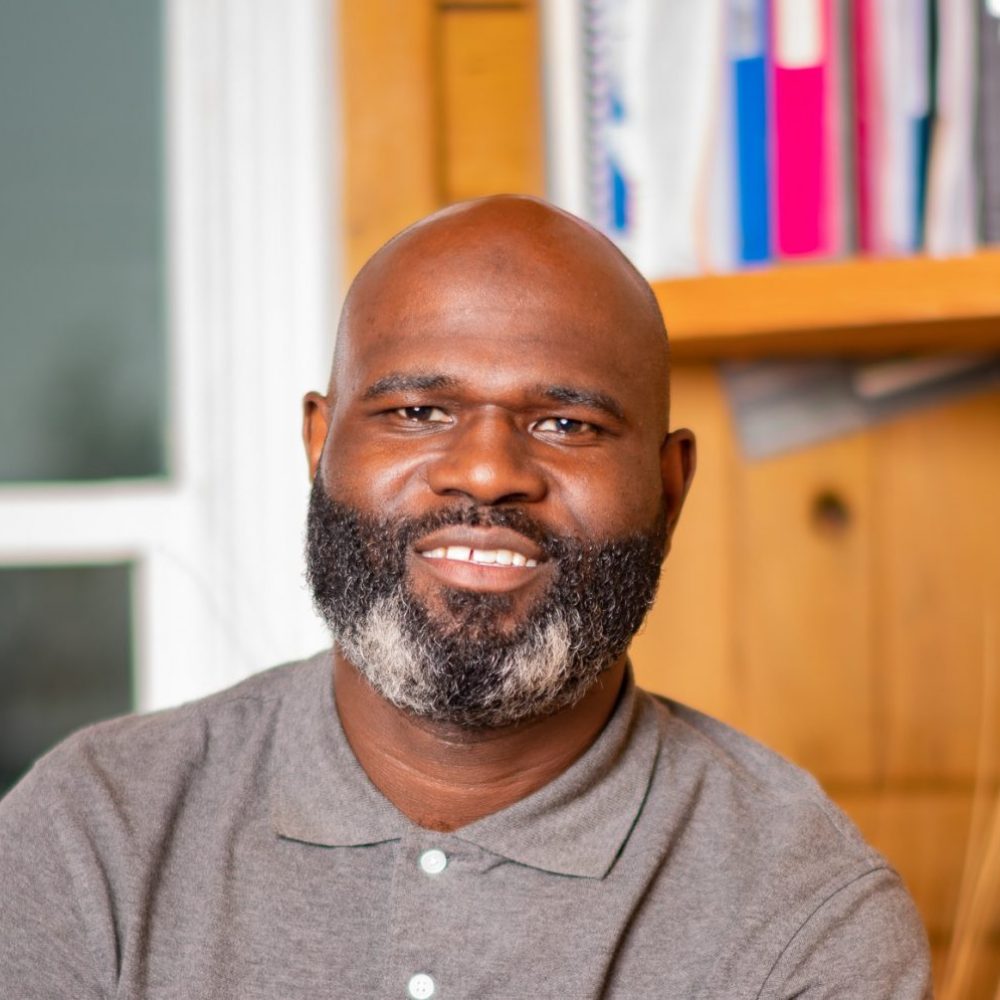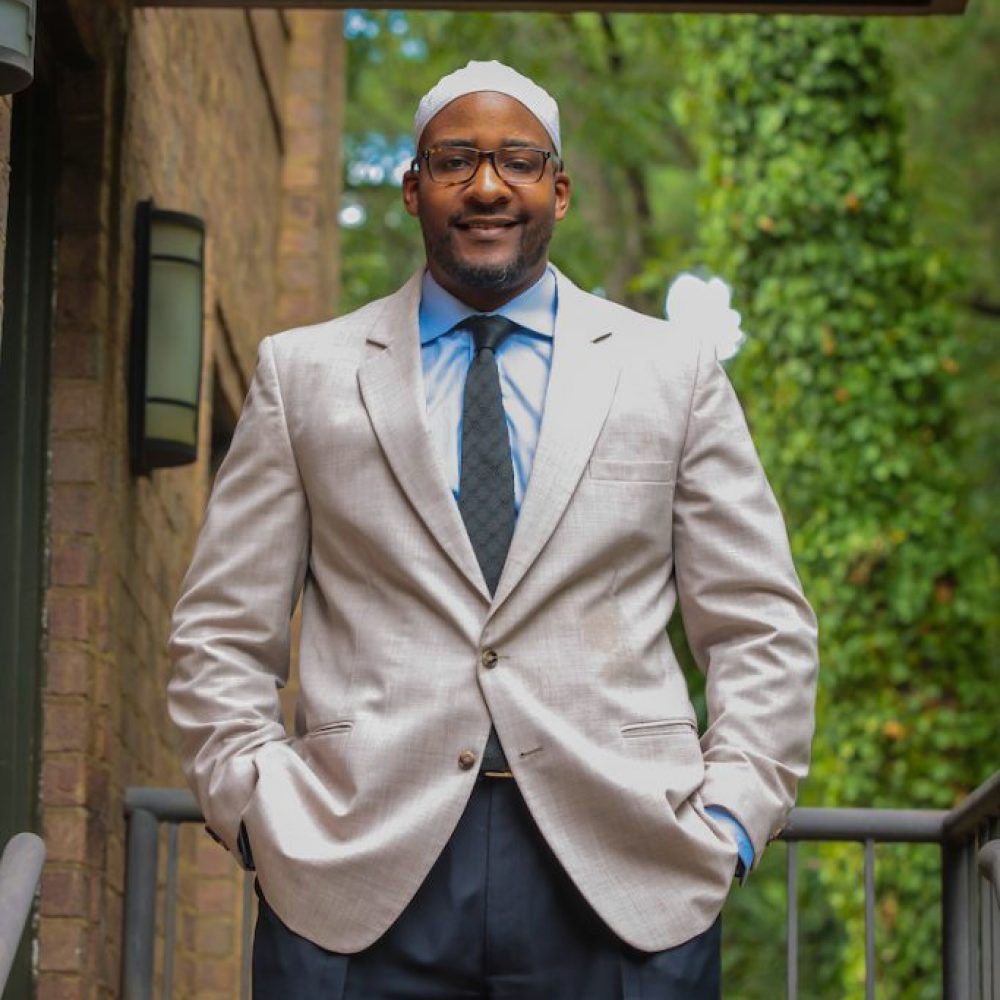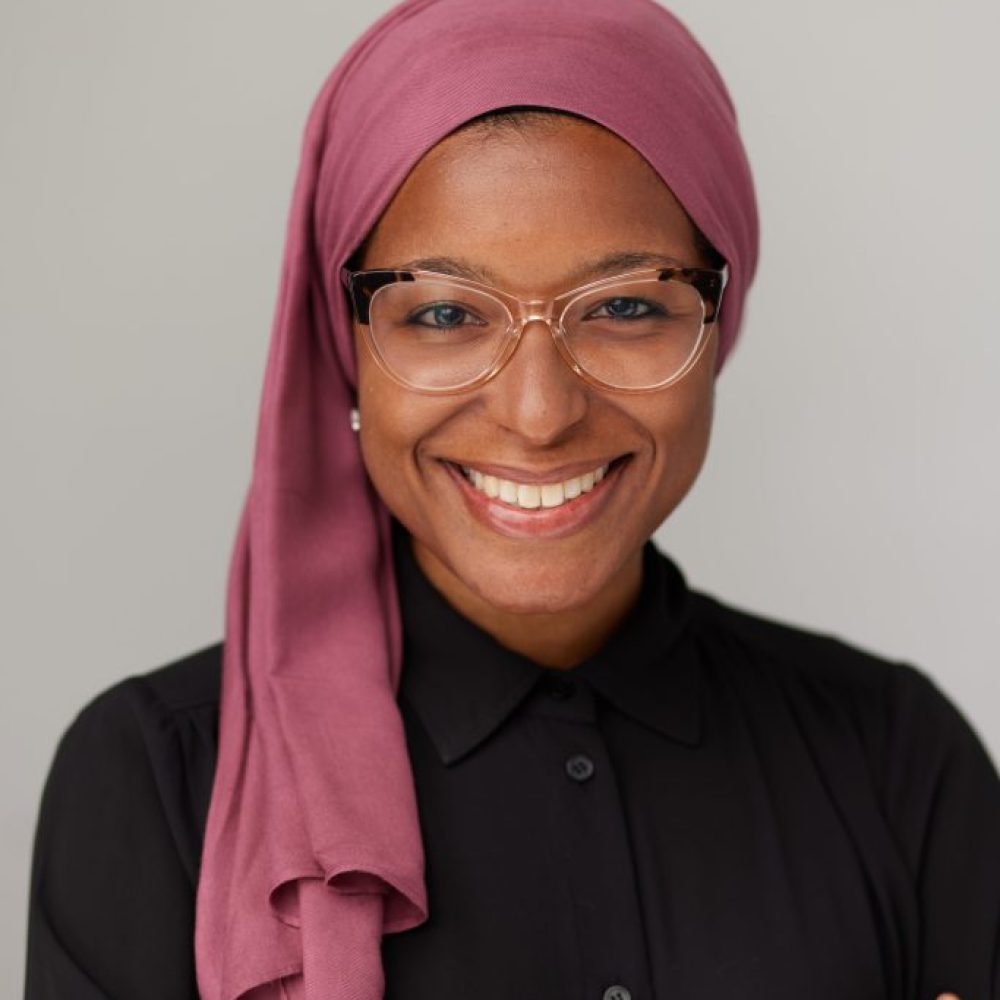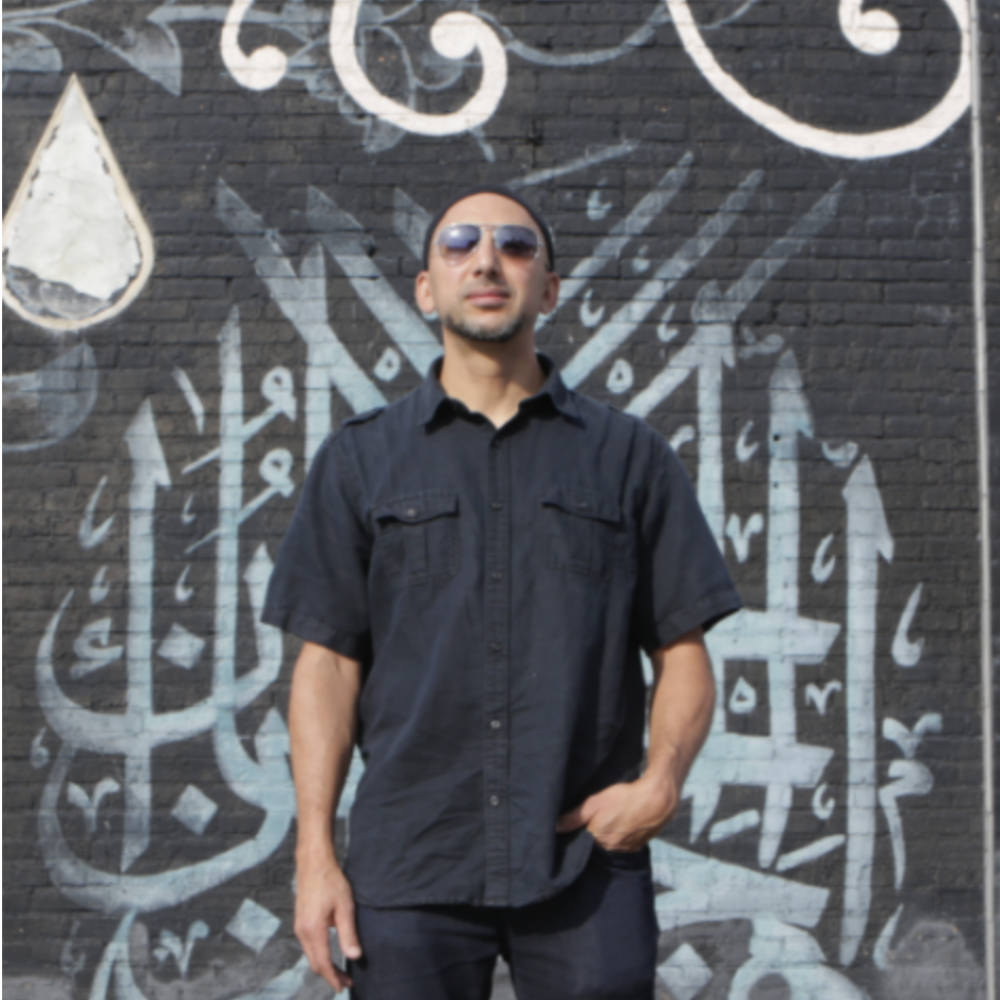Executive Director Represents IMAN at the Seventh Annual U.A.-Islamic World Forum
by Haroon Najam
Executive Director, Rami Nashashibi, represented IMAN at the Seventh Annual U.S.-Islamic World Forum in Doha, Qatar, in February of this year. The U.S.-Islamic World Forum is an annual event hosted by the Saban Center at Brookings and the Government of Qatar. Each year, the Forum brings together leaders from across the Islamic world for dialogue with key U.S. officials and policymakers.
Among this year’s speakers and participants were prominent Muslim leaders such as Turkish Prime Minister, Recep Tayyip Erdogan, and k ey U.S. officials including Secretary of State, Hillary Clinton, White House Senior Director for Global Engagement, Pradeep Ramamurthy, Special Representative for Afghanistan and Pakistan, Richard Holbrooke, and Senator and chairman of the Senate Foreign Relations Committee, John Kerry. While the presence of such high-level policy and political participants is an annual feature of the Forum, this year was noteworthy for the large number of grassroots and non-governmental organizations that were represented. 2010 was also the first year that IMAN was invited to the Forum. This invitation was extended on the recommendation of U.S. and international parties that are familiar with IMAN’s work and who thought IMAN could make a meaningful contribution to the Forum.
ey U.S. officials including Secretary of State, Hillary Clinton, White House Senior Director for Global Engagement, Pradeep Ramamurthy, Special Representative for Afghanistan and Pakistan, Richard Holbrooke, and Senator and chairman of the Senate Foreign Relations Committee, John Kerry. While the presence of such high-level policy and political participants is an annual feature of the Forum, this year was noteworthy for the large number of grassroots and non-governmental organizations that were represented. 2010 was also the first year that IMAN was invited to the Forum. This invitation was extended on the recommendation of U.S. and international parties that are familiar with IMAN’s work and who thought IMAN could make a meaningful contribution to the Forum.
According to one observer, much of the work at the Forum is done by “working groups that address issues from philanthropy to democracy, to interfaith dialogue and economic development, creat[ing] enduring networks and sometimes provid[ing] new ideas. And this year, the dialogue was particularly constructive, with more than 200 accomplished participants including scholars, journalists, religious leaders, business people, scientists, and artists, among others.” Nashashibi was an active participant in this dialogue where ideas, information and experiences from around the world were shared, and there were even discussions about transnational connections and collaborations.
When asked about his experience at the Forum and the importance of making some of these transnational connections, Nashashibi responded with enthusiasm: “As different as those environments may be on some level, in this increasingly globalized world with similar sets of urban conditions around the world, there are lots of points for connections. I think other participants saw the relevance of IMAN’s work and model as something that could be applicable to their parts of the world, especially to larger urban centers where Muslim communities are dealing with similar challenges and opportunities.” However, what made these exchanges particularly fruitful for Nashashibi was that this was a dialogue: “I, too, found in the experiences and models of projects of different activists and public officials across the world lessons that are applicable to the work we do here [at IMAN].”
On the opening day, President Obama addressed the U.S.-Islamic World Forum by video link. During this address, the President announced the appointment of Rashad Hussain as his Special Envoy to the Organization of the Islamic Conference (OIC). This appointment was very well received at the Forum. Nashashibi also noted that Rashad is very well-known to IMAN’s leadership, personally and through his wife, Isra Bhatty, a longtime IMAN leader.
While it was clear during the Forum that there is much room for improvement in the perception and reality of U.S. foreign policy, Muslim leaders from around the world also recognize and acknowledge that there is a willingness on the part of the Obama Administration to engage in a meaningful and open dialogue with them. However, more critically, this dialogue between the U.S. and the Islamic world continues to be framed dichotomously, as if these were two separate worlds. IMAN and its supporters know first-hand the dynamic role that American Muslims are playing in American civic life, and they believe that highlighting this role can have the effect of eliminating this presumed and, at times, misleading dichotomy between the U.S. and the Islamic world. This expanded definition of the Islamic world can be one of the special contributions that IMAN’s leadership and its work can make to this ongoing global dialogue.

